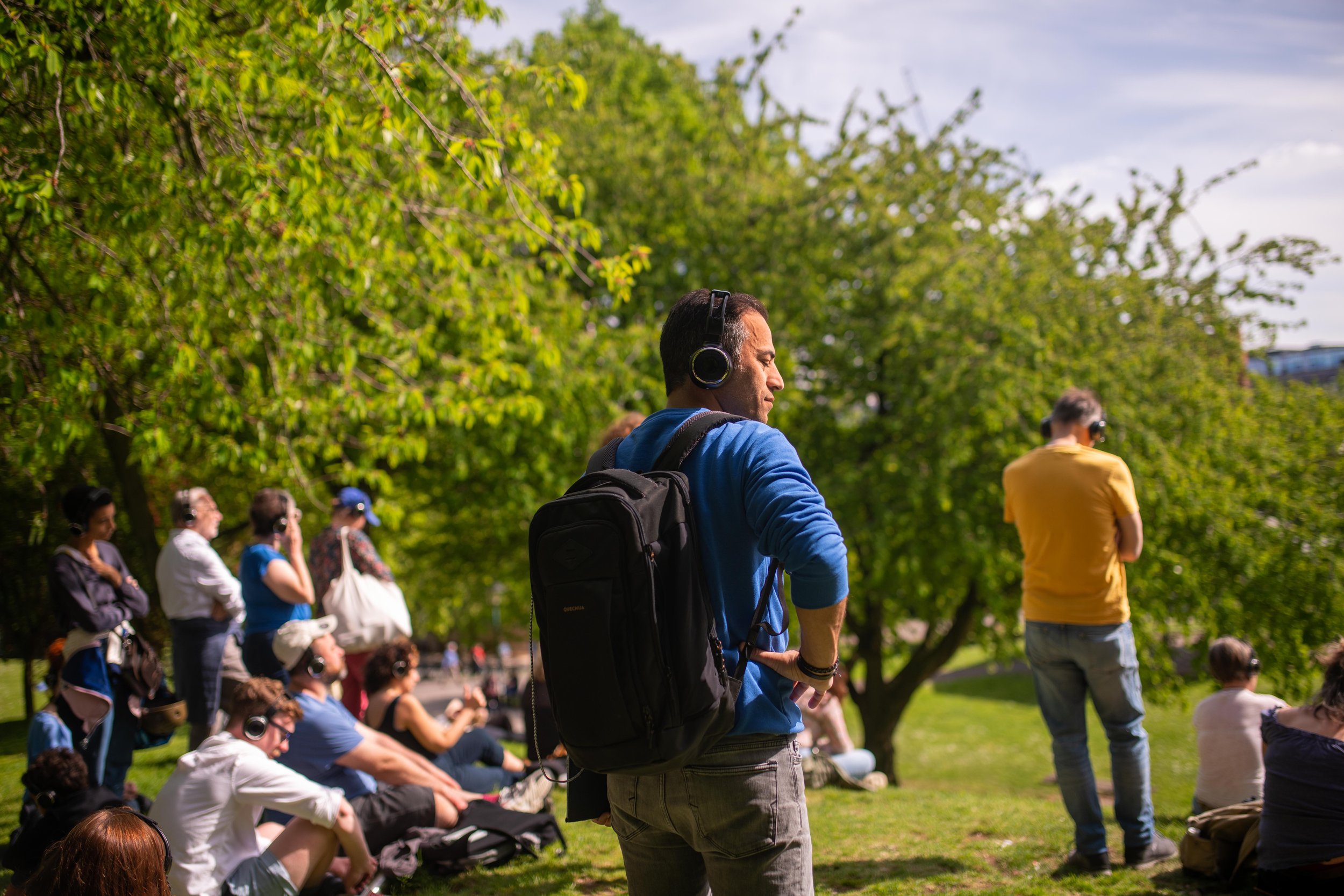
MAYK & Rachael Clerke
MAYK + Climate Emergency
A Statement
There is a climate emergency.
We want to respond to it by changing how we work. We recognise that we’re not going to save the planet by our actions alone. But its an emergency and you have to do what you can.
We are publicly funded and we have a responsibility to take action. We know that we are part of a capitalist system that prioritises productivity. We want to resist that, to find ways to slow down and take time. We think that art has the potential to help make change.
We recognise that the climate emergency has arisen from injustice. We will use our programme to model change and to tell stories that respond to the world we’re living in in this moment. We recognise that as an organisation we have power and we want to use that for good.
We know we need to know more. We know there is learning to do. We will work within our values. In particular ‘joy’ and ‘mischief’. We will celebrate, not police.
We think that ‘care’ is not a bath bomb. We know it is difficult, radical work. This policy is a commitment to reporting and learning from our environmental impact, and we’ll share the data whether it’s good or bad.
We’re committed to reviewing this every year, and talking about it together, and with our board every quarter.
How to use this policy
This policy is intended to be a useful tool in using and evolving MAYK’s response to the climate emergency. It is a way of, to paraphrase Donna Harraway, ‘staying with the trouble’; ensuring this is an active process and not just a pdf buried in a folder, never to be looked at again. The content has been developed over a series of conversations between MAYK directors Kate Yedigarrof and Matthew Austin, and Rachael Clerke.
It opens with a list titled ‘things that feel foundational’. This is here as a reference point. These are values and ways of working that we have identified as being important to hold onto confidently; things any environment policy must work with and not against. After that, the booklet is split into four sections: Making, presenting & touring, Money, Travel and Office. Within each section there are a series of statements. These are our ‘environmental policy’ commitments we are making to change or adapt our working practices in response to the climate emergency. There are also, occasionally, prompts, questions or reflections underneath these statements. We have included these to recognise the steps or challenges that may be involved in meeting these commitments, or identify areas that might need more structural work.
Things that feel foundational
Talking to people in person and going to meet them in their environments.
Going to see shows and being part of an international community.
Putting on things for audiences to experience.
Being ambitious, thinking at scale, having rich aesthetics.
Working with people, artists, companies from around the world - it helps us all understand how we can live better together.
Being able to respond to something quickly - if we can make the commitments in this policy feel embedded then we won’t have to cut environmental corners when something comes up at the last minute.
We want to have a pleasurable working environment for our team. Its a basic right for people to feel comfortable, warm and secure whilst at work.
Intimacy - we see value in creating small/intimate experiences that only a few people experience, and respect that they sometimes require as much energy and resource as large scale work.
Making, Presenting & Touring
When presenting international work, we will work with artists to make sure that we we’re presenting their work in as low-carbon a way as possible.
Can we build the set locally rather than freight it? Are there other elements of the project that can be created locally? Can we encourage travel by train rather than plane?
We will create a sustainability rider for venues we work with. This will be a short document with a friendly tone that outlines what we’re doing and what we expect from a collaboration.
We wil plan national and international tours so that the number of trips is minimised.
We’ll work with our networks/partners in Bristol to explore how we might work together to share existing resources (e.g. recycling sets and borrowing equipment).
When programming international work, we’ll ask ourselves whether similar work is being made by artists here in the UK.
Is this an exceptional piece of work that helps us acheive our aims and/or could contribute towards progressive discourse around contemporary performance in this country?
We will commit to presenting and developing work that explores the climate crisis as part of our programme annually, but we will do so in a way that doesn’t feel like we’re ‘ticking a box’.
We are interested in making and presenting work that explores radical alternative futures and looks to hope, healing and beauty. We won’t let a commitment to sustainability and regeneration equate to a reduction in ambition, scale or beauty.
We will talk to our audiences and we will learn from what they want.
Our role isn’t about informing people, its about how we understand the impact on each other and how we can collectively understand what’s happening and support each other to create change.
We will embed environmental responsibility into the practical delivery structures we design for projects we produce - using the Theatre Green Book as a model for good practice.
Money
Fundraising
We will create an ethical fundraising policy
Who is already doing this well that we can learn from? What do we need to budget for at fundraising stage to help is achieve the pledges in this document?
Finances
We will continue to bank with an ethical bank. (Co-operative)
We will continue to use an ethical pension supplier. (NEST)
Travel
Local
We will encourage our team to walk/cycle to the office and to meetings.
We will offer an annual bike service to our team.
We will promote public transport use to our audiences attending events.
UK
We won’t fly internally within the UK.
We will hire electric vehicles where possible for our projects.
We will ask whether we need to travel. Where an online meeting has the potential to achieve the same results, we will meet online.
International
We will reduce the number of international flights to 10 return flights across a two-year programme cycle.
If we can get there by train within 12 hours then we will travel by train.
We’ll confirm international trips with a decent amount of lead-time so that we can make good use of our time.
What else can we do when we’re there? Who can we meet? What else can we build around the trip? This might result in being away for longer. What is the purpose of the trip? Is it t see something, is it to have conversations, or be part of a network/build connections/new partnerships? How can we make it possible for members of our team with caring responsibility to also travel?
We will develop a plan for how we approach carbon off-setting, and build a budget line for this into our budgets.
Does this money go to a carbon offsetting organisation or a different kind of charity? What level should be benchmark in our budgets?
Office
Paper & Print
We will only use recycled paper for printing, and we will only print where absolutely necessary.
We will reuse paper where possible.
We will move anything administrative to digital only (e.g. no paper bank statements).
Except where this becomes an access issue. How do we negotiate points where values contradict each other (e.g. accessible option is more carbon-intensive)?
We will reduce number of flyers and posters.
What makes print effective? Can we put energy into making sure that the print we do use is luxurious/special/really works?
Energy & Data
We will store large files and archive on hard disks or offline.
We will switch off electrical equipment when not in use.
We will research energy efficient products when buying new kit.
Environmental waste
We will reuse and recycle office supplies (e.g. printer cartridges).
Where possible we will purchase second hand equipment.
We will reduce single-use plastic usage.
Where we buy cleaning materials we will buy environmentally friendly products.
